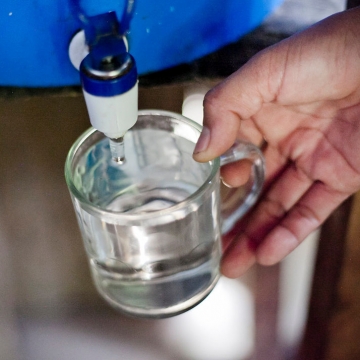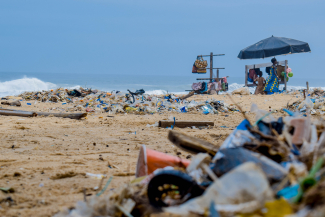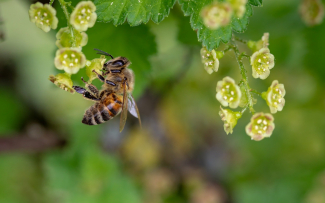EfD research used as a roadmap to eliminate plastic pollution
The Global Plastics Action Partnership (GPAP) is a major public-private partnership aimed at tackling global plastics pollution. It’s now is drawing on EfD expertise as it creates a roadmap for how to



